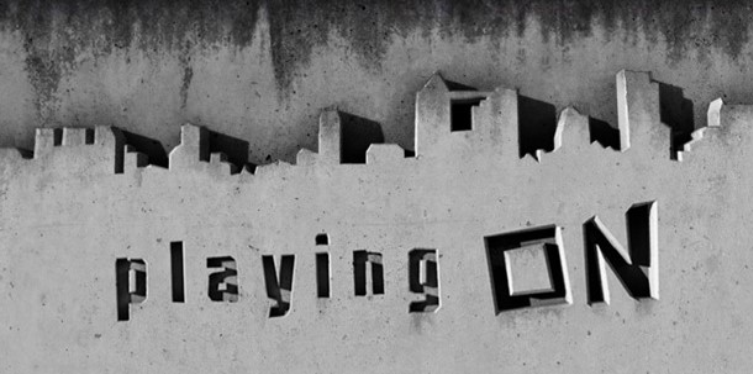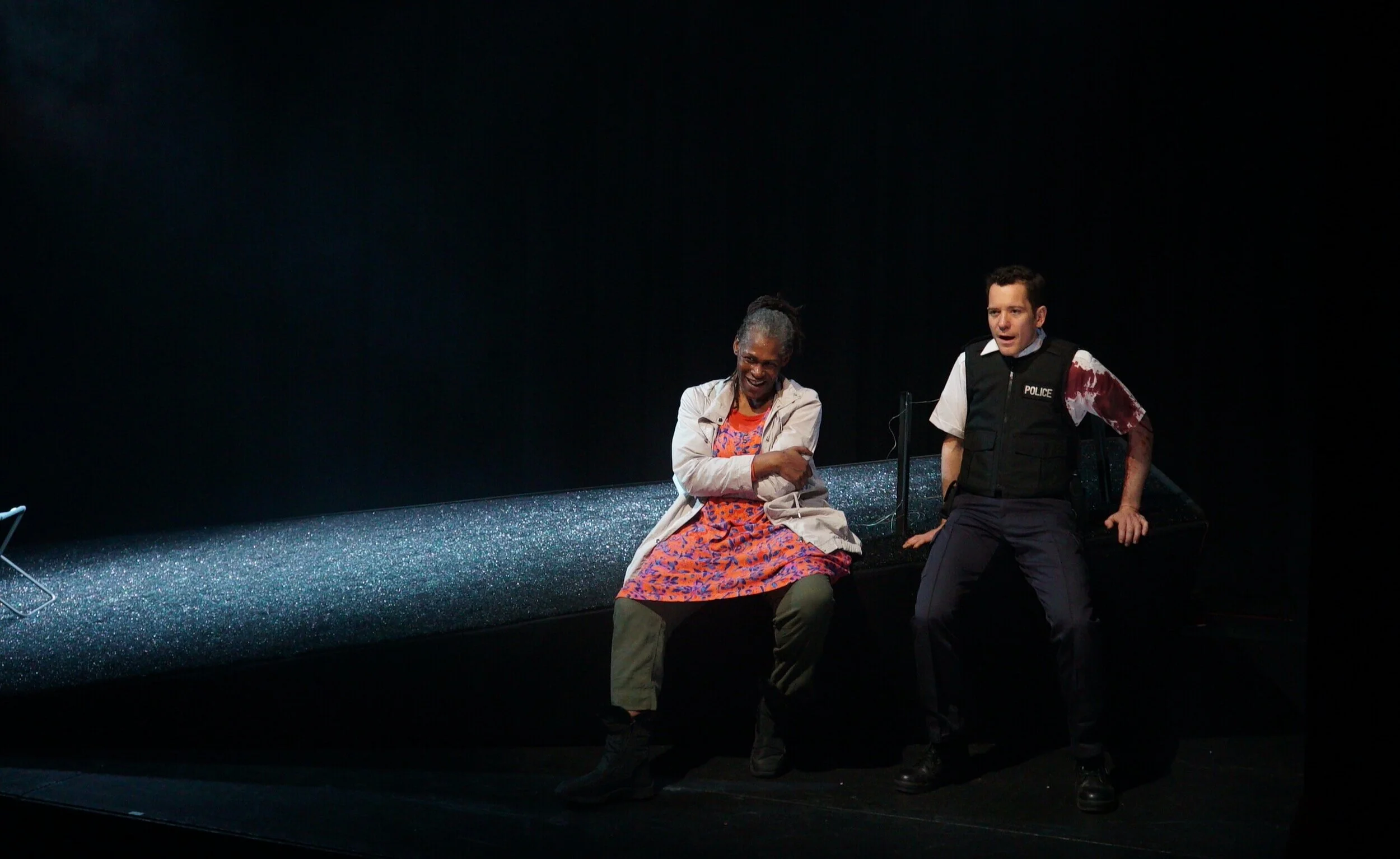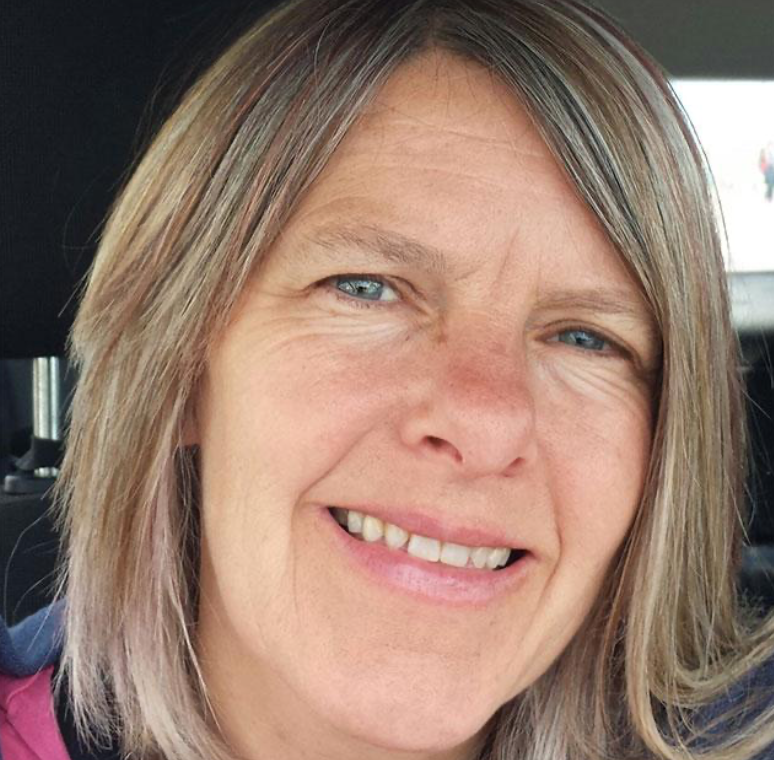The Playing ON Way: The Importance of Reflective Practice
Over the last few years, Playing ON has begun incorporating reflective practice into projects such as in the process of our last major production Can I Help You? and embedded within community projects, such as Urban Tribe in collaboration with NHS East London Foundation Trust. In this blog, we begin to delve further into discussions around the need for reflective practice, and how we employ the practice here at Playing ON, with input from our Artistic Director, Jim Pope, Executive Director, Rhian Davies and reflective practitioner, Jassy Denison.
What is reflective practice?
Reflective practice offers a space for those involved in programme delivery to prepare for, review and process the work that they have been doing, and has become a key element of the Playing ON approach. Reflective practice is offered as a group activity, involving the whole team, and can take place face-to-face or online. Typically, sessions last between 1.5 and 3hrs and take place at the start of a programme, part way through, and at the end. Depending on the circumstances and needs of the team, 1-1 support may also be provided. Reflective practice is delivered by someone who is not part of the programme delivery team. This creates the opportunity for programme managers or directors to step out of their role for a time, and for the organisation’s aims and objectives to be upheld by someone else.
What does reflective practice entail?
The focus of reflective practice is the delivery of the programme - including team, participants, material, facilitation - and each team member’s relationship to this. Although contextual or practical issues may come up in the session, the emphasis is not on problem solving, information sharing, contracts, evaluation or other organisational matters. Instead the process and content is flexible, based on what is emerging for participants or needs attention, and may include:
● Hopes, aspirations, possibilities for the work
● Review of the delivery - key moments, highlights, challenges - exploration, insights and learning
● Relationships with and feelings about participants/audience
● Creating a Team Agreement based on shared challenges, needs and requests about working together
How has Playing ON used reflective practice in the past?
We ask a lot of our participants in terms of sharing their lived experiences, and we also ask a lot of our delivery teams as they hear and hold these experiences in the workshop spaces. Our teams support the participants and the reflective practice supports the teams. In our most recent professional production, Can I Help You? The intensity of the subject matter brought up a lot for the whole team, actors, stage manager and director and it was important to support them to support each other as the project developed.
How does Playing ON plan on using reflective practice in the future?
Reflective practice is a part of our commitment to supporting the Playing ON workforce and we now include a budget line for it on every project. It's a vital part of community building that happens across a project and ensures that our freelancers have a space where their concerns, worries, ambitions and learning are held safe. We have several projects happening across this year including a project with care experienced young people, one with young patients in an NHS trust and another with young people in South London, all of these will have reflective practice sessions to ensure the delivery teams are supported and able to deliver their best work. As we plan our next professional productions we’ll be including reflective practice at key points in the journey. We are also having early discussions with a couple of key players in the industry with a view to creating some wellbeing guidelines to standardise best practice when working with vulnerable groups. This will definitely contain an element of reflective practice and will hopefully provide a valuable resource for anyone wishing to work within socially inclusive settings.
Our message to the industry: Reflective Practice is essential.
We know freelancers have a raw deal in the theatre industry, it's not news to those of us who freelance but the message is now getting across to the decision makers in larger organisations. For anyone not in the know... have a read of The Big Freelancer Report created by Freelancers Make Theatre Work and others over the past year.
As an organisation contracting 10-20 freelancers a year we can do certain things to support them, this includes a fair pay policy including paying separate days for planning and where possible paying whole days regardless of the length of the session. The support freelancers need is not only financial. There's all those things employees can access in workplaces that enable them to feel at home, secure and to thrive in their work, including robust HR support, tangible line management and supervision, and feeling part of the culture of the organisation. Reflective practice is a key part of our strategy to try and provide these other workplace benefits to our project freelancers. The chance to get to know your team, a mix of core staff and freelancers, in a structured and purposeful work environment rather than relying on a post work pub trip means the playing field is levelled and all voices are valued as experts in their own experience of the project.
The Arts Council’s “Lets Create” strategy is a joy to behold pledging to ensure that by 2030 “every one of us has access to a remarkable range of high-quality cultural experiences.” It is so encouraging to know that the values of companies like ours, working with disenfranchised groups are being championed at the highest level. It is also the case that many people will be chasing funding and there is a risk that inexperienced practitioners, following the money will wander into challenging environments without adequate support systems in place to manage the wellbeing of themselves or the groups they are working with. In the therapeutic community, practitioners are required to undergo supervision in order to continue their work. Whilst it must be stressed that we are not in any way therapists, we are creating spaces for people to share, offload, challenge and transform.
“I’ve been acting for 30 years, I’ve never had this sort of support and I’ve done emotional work before. It’s been absolutely amazing. In some ways, I think it’s helped us to go further with the piece and with our discoveries. I hope more companies take on this sort of thing, because it’s really helped us.”
Spotlight on…Jassy Denison
Jassy has more than 20 years experience working as a trainer, facilitator, and mediator in the field of interpersonal and community conflict, she delivers Playing ON's reflective practice.



